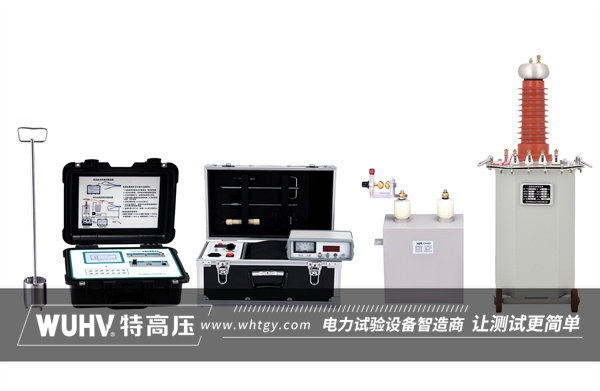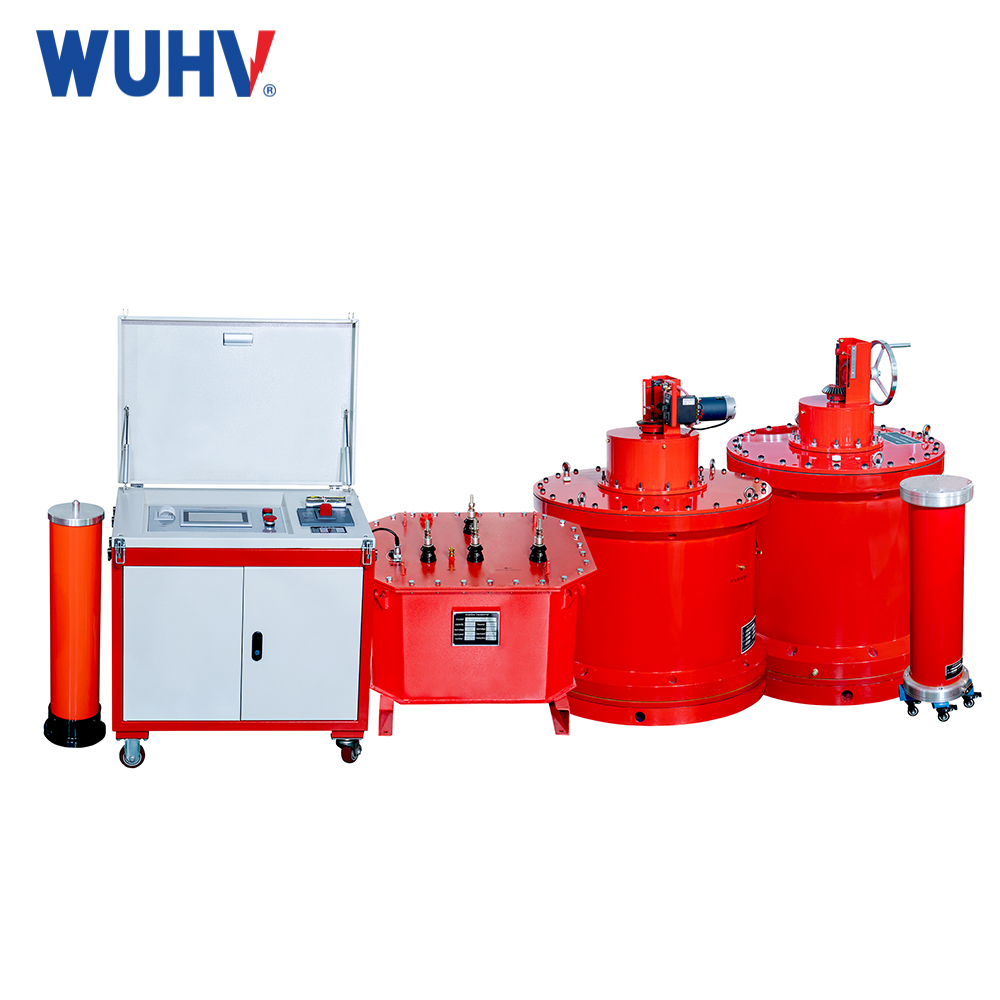Detector de localização de falhas de cabo UHV-500 under Wuhan UHV can help many power workers to carry out all kinds of power tests more conveniently.

The occurrence of cable failure may be caused by a variety of factors, the following are the main categories of factors:
Mechanical damage: Cables may be damaged by external forces such as excessive bending, stretching, digging, piling, etc. during installation, transportation and use, resulting in structural damage or even direct damage to the cable. In addition, vehicle vibration or shock load may also cause damage to underground cables.
Damp insulation: Damp insulation is one of the common causes of cable failure. This can be due to poor sealing of the splice or terminal boxes that allows moisture to enter the cable, or manufacturing defects such as holes or cracks in the metal sheath that allow moisture and humidity to enter the cable. High ambient humidity and poor drainage in the cable laying area can also lead to moisture in the cable.
Aging and deterioration of insulation: The insulating medium of a cable may become free under the action of an electric field, resulting in insulation degradation. Moisture in the insulation and overheating can accelerate the process of insulation ageing and deterioration. In addition, overloading of cables is also an important factor leading to insulation aging deterioration.
Overvoltage: Atmospheric and internal overvoltage effects may cause cable insulation to breakdown and form faults. This breakdown usually occurs in the presence of defects in the location.
Poor design and production process: the cable's intermediate joints and terminal head of the waterproofing, electric field distribution design is not well thought out, the material selection is not appropriate, poor workmanship or not in accordance with the requirements of the regulations of the production, may result in cable head failure.
Poor operating environment: poor cable operating environment, such as chemical corrosion of the protective layer, overload voltage, external air temperature is too high, the cable is corroded by moisture, etc., may lead to cable failure.
In order to avoid the occurrence of cable failures, it is necessary to take a series of preventive measures, including the selection of high-quality cables, rational planning and layout of cable routes, strengthen the installation of quality control, regular maintenance and inspection, improve the operating environment and the establishment of emergency response mechanisms. Through these measures, the risk of cable failure can be effectively reduced to ensure the stable operation of the power system.



















